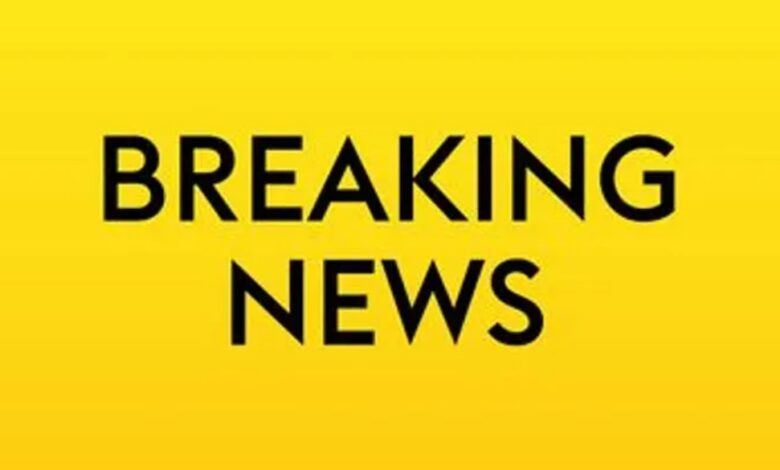BREAKING NEWS: Although we lost to them at home but to sincere I haven’t faced such a dangerously aggressively player in my career today,He truly deserves all the credits”, Ath bibao captain Inaki Williams reveals the ONE Arsenal player that really impressed Him Today – Not Martinelli and not Trossard

Inaki Williams Hails Gabriel Martinelli as the Best Player He’s Ever Faced
Athletic Bilbao forward Inaki Williams has stirred excitement in the footballing world by singling out Arsenal’s Gabriel Martinelli as the toughest opponent he has ever encountered. Known for his blistering pace and sharp attacking instincts, Williams’s praise highlights just how much of an impact the Brazilian has already made on the game.
At only 22, Martinelli has blossomed into one of Arsenal’s most important players since arriving from Brazilian side Ituano in 2019. His rise to prominence has been fueled by dazzling dribbling, intelligent movement, and a clinical touch in front of goal. These qualities have made him a constant threat in the Premier League and on European nights, earning recognition from fans, pundits, and now, elite professionals like Williams.
Williams’s endorsement carries weight given his own reputation as one of La Liga’s most consistent performers. Over the years, the Spain international has faced some of the world’s finest defenders, yet it is Martinelli’s creativity and relentlessness that left the deepest impression. His comments underscore the extraordinary level of skill required for a young player to shine in the modern game.
The recognition comes at a time when Arsenal are enjoying a renaissance under manager Mikel Arteta. Martinelli has been at the heart of this resurgence, combining tireless pressing with fluid link-up play in attack. His ability to alter the course of a match has made him indispensable as the Gunners pursue both domestic and European success.
For Williams, who has carved out a reputation in Spain for his own consistency and athleticism, acknowledging Martinelli is also a nod to the new generation of footballers redefining the sport. The Brazilian’s rise reflects the shifting landscape of football, where youthful brilliance is meeting tactical sophistication to set new standards of excellence.
With accolades now coming from opponents of Williams’s caliber, Gabriel Martinelli’s reputation as one of the brightest stars in world football continues to soar—and Arsenal’s hopes of silverware may well rest on his shoulders.



